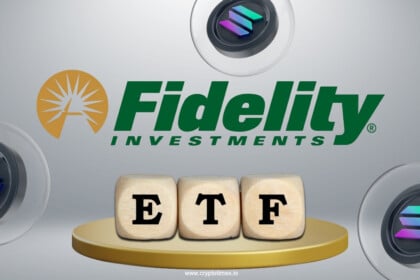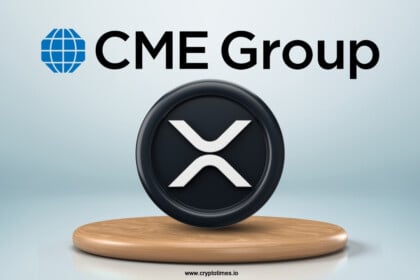St. Cloud Financial Credit Union (SCFCU), a Minnesota-based institution with over $400 million in assets, has announced plans to launch a proprietary stablecoin, marking a claim first for a U.S. credit union. The digital currency, named Cloud Dollar (CLDUSD), is scheduled for release in the fourth quarter of 2025.
SCFCU, the blockchain company Metallicus, and the financial technology company DaLand CUSO are all working together on the project. The statement says that the CLDUSD stablecoin will be created on the Metal Blockchain and will be linked to the credit union’s main banking system with DaLand CUSO’s Coin2Core software. This comes after the GENIUS Act was recently passed, which made it easier to understand how stablecoins are regulated in the U.S.
Bridging Traditional Finance and Blockchain
Officials from the credit union stated the project aims to leverage blockchain technology to enhance transaction efficiency and compete with modern fintech companies. “With CLDUSD, we’re readying our shop for on-chain money movement — merchant payouts, member-to-member, institution-to-institution — at a fraction of card-network fees and with full transparency,” said Chase Larson, EVP/CLO for SCFCU.
This project puts a traditional bank in the $270 billion stablecoin market, which is rising very quickly. Jeff Levesque, CEO of DaLand CUSO, stressed how important it is for well-known organizations to handle digital assets safely for their members. “Credit unions can’t afford to watch digital assets evolve without them,” Levesque said, adding that “members need trusted institutions to navigate this space safely.”
The launch of a stablecoin by SCFCU is a big step toward connecting traditional banking with the digital asset system. It could help other smaller, regulated banks learn how to use blockchain-based solutions for payments and transfers since it was the first credit union to release its own stablecoin.
This move adds a stablecoin issued by a bank that is regulated to the ecosystem. It also shows that blockchain technology is becoming more accepted and used in the traditional U.S. financial industry.
Also Read: Stablecoins May Spark Costly Bailouts, Warns Economist Jean Tirole











